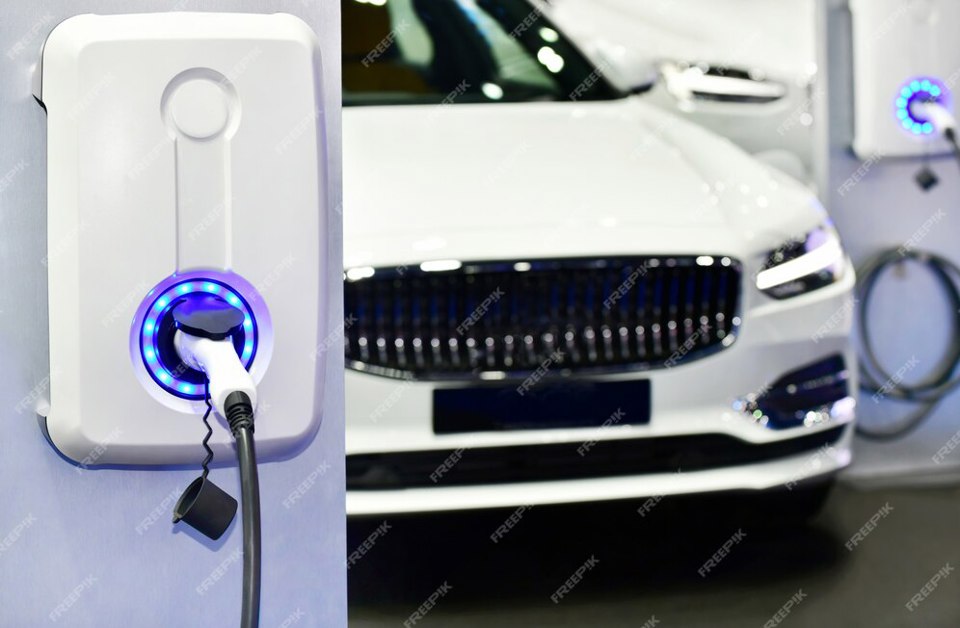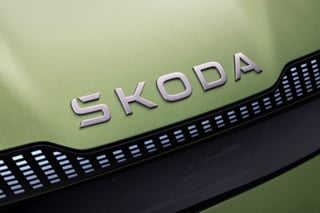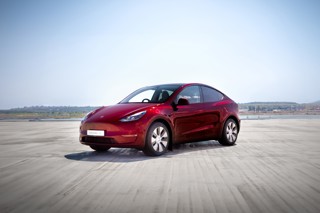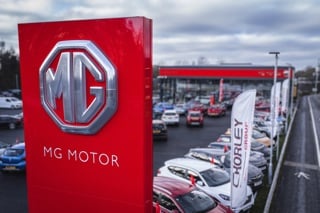Manufacturers should hedge their bets on the future trajectory of electric vehicles - even entertain ‘heretical’ theories - before making their best bet on the speed of transition, according to the latest KPMG Global Automotive Executive Survey.
When it came to powertrain technology, the survey revealed that more companies seem to be covering all bases with hybrid technologies jumping from fourth to second place overall in technology.
It did however find that industry executive expects the shift to electric powertrains to continue to mature. In the past, when KPMG asked executives across the industry about how they expected EV penetration to trend in their markets, the responses varied widely.
Manufacturers should hedge their bets on the future trajectory of electric vehicles - even entertain ‘heretical’ theories - before making their best bet on the speed of transition, according to the latest KPMG Global Automotive Executive Survey.
When it came to powertrain technology, the survey revealed that more companies seem to be covering all bases with hybrid technologies jumping from fourth to second place overall in technology.
It did however find that industry executive expects the shift to electric powertrains to continue to mature. In the past, when KPMG asked executives across the industry about how they expected EV penetration to trend in their markets, the responses varied widely.
Now the range of estimates has narrowed, a sign of greater realism. Even so, the mean estimates for penetration rose in this year’s survey. In Western Europe, for example, respondents last year estimated that battery-electric vehicles would account for 24% of sales in 2030; this year the consensus estimate was 30%. In the US, the estimate went from 29% to 33% and in China the estimate jumped from 24% to 36%.
Despite the flurry of new models by established brands, survey respondents said they still expect Tesla to remain on top. The opening of the Tesla Gigafactory near Berlin in March 2022 is helping the car maker gain share and is heightening awareness in among Europe.
Gary Silberg, global head of automotive at KPMG International, said: “A year ago, we said that automotive executives sensed the future was theirs to seize. In the latest survey, more than 1,000 executives in 30 countries again said they see enormous opportunities. But they are becoming more sober in their assessment of market prospects. Having committed more than half a trillion dollars to the EV transition, the industry is asking when companies will see a return on the investment. Right now, almost all automakers are losing money on their battery-electric vehicles, possibly presaging a shakeout among EV manufacturers and suppliers.
“Our 24th annual survey examines in detail how executive sentiment is changing and the concerns and challenges that make global automotive leaders more cautious. The upshot: to help ensure companies end up as winners, not losers, executives should rethink their strategies and ask themselves some difficult questions about potential shifting consumer habits, especially driven by a cost-of-living crisis, the possibility of fewer government subsidies, and how the industry can potentially vertically integrate, creating more efficient operating systems.”
More generally, the survey revealed that industry executives are entering 2024 with less confidence that they will achieve more profitable growth over the next five years,
The survey of more than 1,000 senior executives in 30 countries reveals a dip in optimism as the sector deals with concerns over the global economy and rising costs.
Overall, just 34% of executives said they are extremely confident versus 41% in the previous year. In Japan, the share of executives surveyed who are extremely confident dropped from 32% last year to 10% in the latest survey.
Meanwhile, in Western Europe, extremely confident respondents dropped from 31% last year to 24% and fell from 48% to 43% in the US. Only in China did extreme confidence rise, moving from 28% to 36%. Among suppliers, extreme confidence fell from 55% to 23%.
Customer experience rose in importance. While performance remains the most important selling point, a seamless and hassle-free customer experience moved up to second place. The emphasis on a smooth customer experience extends from buying the car to having seamless operating software in it. Also, OEM executives in particular were less confident than in previous years that they can generate subscription revenue. Executives also remained confident car makers can provide adequate cybersecurity and customer data protection.
In terms of production, KPMG said the new norm in supply chain management is becoming “just in case,” rather than “just in time.”
“Companies are pursuing a wide range of strategies to build resilience and things are far better than two years ago. Still, there is a high level of concern about the continuity of supply for many commodities and components over the next five years.”
China, however, with true supply chain meant that its executives are considerably less worried about continuity of supply.
In the latest survey, automakers indicated that they did feel less prepared than in the previous year for advanced technologies, such as artificial intelligence, digital twins, and advanced robotics. Only 12% of auto executives said they felt extremely well prepared, down from 22% the year before.
Login to continue reading
Or register with AM-online to keep up to date with the latest UK automotive retail industry news and insight.





















Login to comment
Comments
No comments have been made yet.